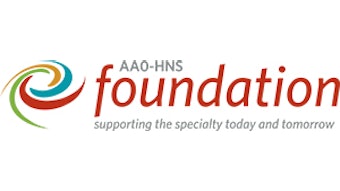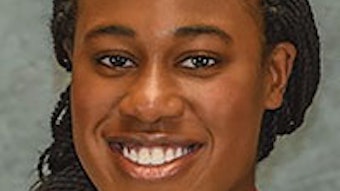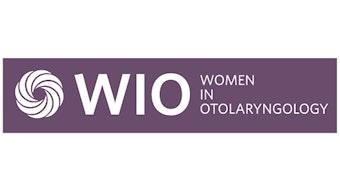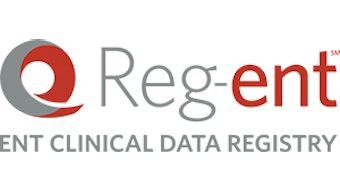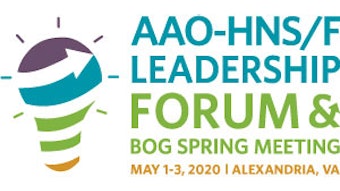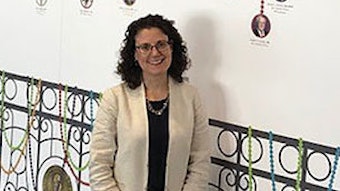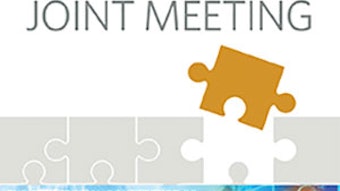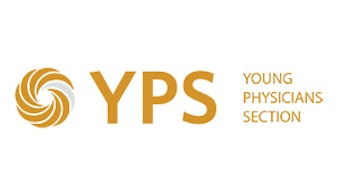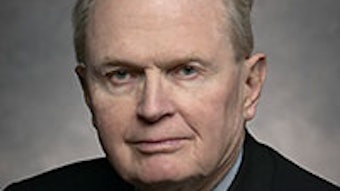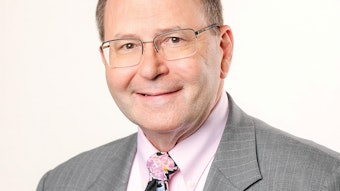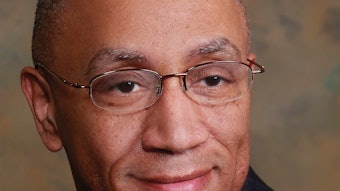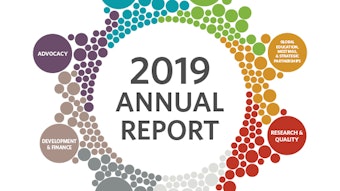Humanitarian Grant: Head and neck surgery in Guinea with Mercy Ships
Supported by the AAO-HNSF Humanitarian Travel Grant, I traveled to Conakry, Guinea, in April 2019, with Mercy Ships to operate with Mark G. Shrime MD. Mercy Ships’ unique model makes use of a hospital ship called the Africa Mercy, specially outfitted with operating rooms, wards, and an ICU, and docked in a different location in coastal Africa each year to provide access to otherwise unavailable surgical specialty care.
C. Alesandra Colaianni, MD
Supported by the AAO-HNSF Humanitarian Travel Grant, I traveled to Conakry, Guinea, in April 2019, with Mercy Ships to operate with Mark G. Shrime, MD. Mercy Ships’ unique model makes use of a hospital ship called the Africa Mercy, specially outfitted with operating rooms, wards, and an ICU, and docked in a different location in coastal Africa each year to provide access to otherwise unavailable surgical specialty care. Additionally, the organization helps to build sustainability through partnering with local physicians, surgeons, and trainees through their Medical Capacity Building program. Dr. Shrime has worked with Mercy Ships for over a decade and was awarded the Arnold P. Gold Foundation Humanism in Medicine Award by the AAO-HNSF in 2018 for his global humanitarian efforts.
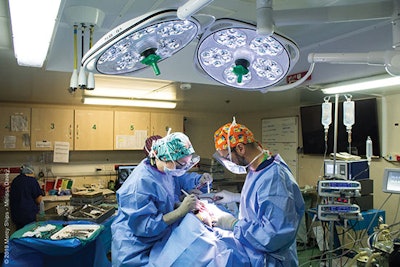
I have a longstanding interest in bioethics and health disparities and have thought carefully about the moral difficulties inherent in short-term medical mission trips. Prior to this experience I had taken part in two such experiences, one as a medical school applicant, and the other as a first-year medical student. Both experiences were immersive, two weeks long, and focused on primary care delivery in rural clinics. While my time spent abroad was invaluable in that it exposed me to on-the-ground realities of healthcare delivery in low-resource settings, I was frustrated by the fact that I lacked adequate training to actually provide healthcare to the people I had ostensibly come to serve. I helped in other ways—using my consulting background to reconfigure the medical record system and exploring the ethical nuances of short-term global health programming through nonfiction essay—but these efforts felt feeble in comparison to treating patients. It is only now that I am a senior resident that I finally felt I had the capability to help provide much-needed surgical care.
During my time with Mercy Ships, Dr. Shrime and I performed maxillectomies and mandibulectomies and removed large vascular malformations from patients who had carried these disfiguring and life-altering tumors for years. One middle-aged man with a massive mandibular ameloblastoma was essentially precluded from eating and speaking by his tumor. He had developed a sling that he wore around his neck to lessen the burden of his disease; removed, the tumor weighed over three pounds. But, crucially, Mercy Ships’ commitment to this patient’s care did not end when he was ready to leave the hospital. I was struck by the thoughtfulness and attention to detail displayed by the organization, from preoperative screening, to the informed consent process, to the separate consent process for photography (a necessary part of medical missions funded by philanthropy), time-outs, and operating room safety which mirrored those processes in my home institution, to the excellent postoperative care and dedication to follow-up for our patients.
I am so grateful to the AAO-HNSF for helping to fund this endeavor through the Humanitarian Travel Grant, and I look forward to paying it forward as I continue my career.
